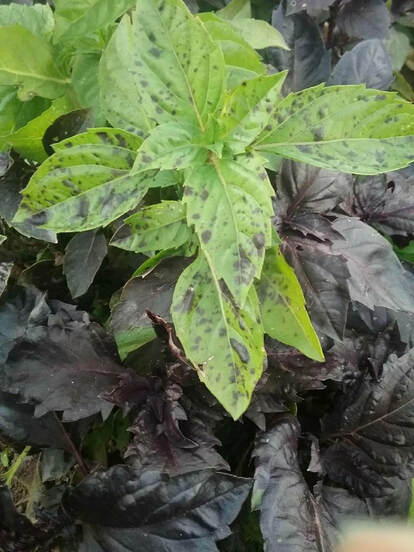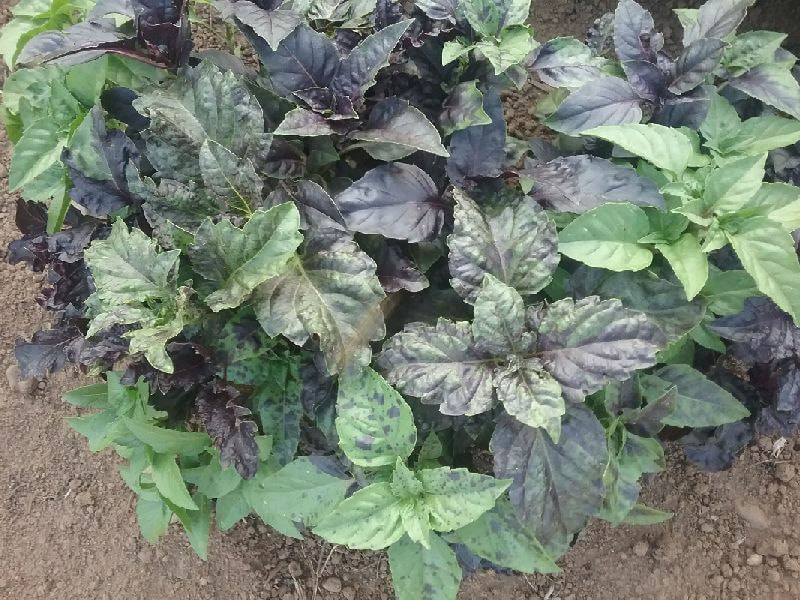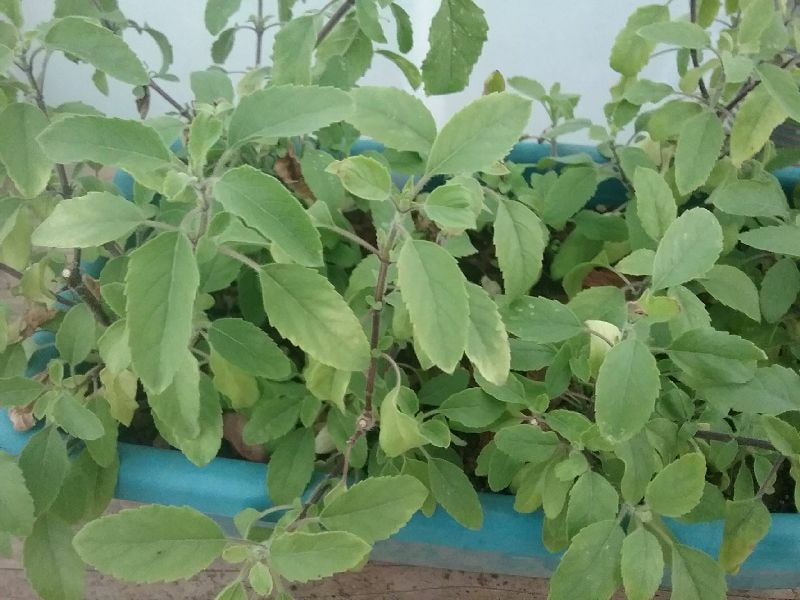Basil — Originally the Romans associated basil with hatred, only meant to drive men crazy. Eventually it became a symbol of love in Italy, and has retained that symbolic meaning ever since. In the folklore of Moldavia, a young man who accepts basil from a young woman is destined to fall in love with her.
Oregano — Although we think of oregano primarily as a cooking herb, the ancient Greeks believed it was the herb of Aphrodite, goddess of love, who is said to have created it as the herb of joy for her garden. During Elizabethan times, oregano was used to create good luck and good health and in magical spells to foster happiness and health.
Thyme — The word "thyme" is derived from the Greek word thymus meaning "courage." The Greeks used the symbol of thyme to represent elegant style, and by the Middle Ages, it was a common symbol of chivalry. According to the modern language of herbs, thyme brings with it the meaning of affection, which is perfect for either young love or deep friendship.
yellow daffodils (good luck)
white roses (purity)
yellow iris (passion)
red tulips (perfect love)
daisy (innocence)
or any purple flowers (dignity).
Add some of the herbs above and you will truly be saying it with flowers.
Seeds: for the person in your life who loves to garden, a couple of packets of seeds of either basil or calendula will bring these sun loving, easy to grow herbs to their yard or patio.
Calendula is an easy to grow herb that attracts a wide variety of interesting pollinators to the garden or patio (another common name for it is pot marigold!), and makes great infused oils, salves, and balms for skin. It is also a robust grower and starts in late spring and keeps on going well through fall.
Basil also is easy to grow starting in early June through the first frost, and their lovely blooms attract pollinators. There are so many amazing varieties, and they are all great in cooking (fresh or dried), and also in tea (yes tea!). A few packages of some different basil seeds make a lovely and thoughtful gift for those you want to send a nice message to on Valentine’s Day.
Here are a couple of ideas:
Purple basil - great culinary and tea herb; will turn your tea a pale pink-purple when infused, great with peppermint as an after dinner tea; best not to let most of this one go to flower, so you can have the tastiest leaves for cooking and tea.
Holy basil - also known as Tulsi, this amazing basil is well renowned for providing a calming influence in teas, easing stress and anxiety by helping to quiet your mind; it is also an adaptogenic herb, meaning if it is taken regularly over time, it can move you towards health and help build up and nourish your body - positively influencing endurance and energy. Okay to let this one flower as the flowers make a lovely addition to the tea.
Plants - check out your local nurseries and pick up a plant of oregano and/or thyme (these herbs are better grown from starts rather than seeds). Both of these plants will readily grow in the garden or in pots; take care not to over harvest, so the plant has a chance to regrow and continue producing. You can check out the list of plants we have on offer here.
Herbal Culinary Blend - craft a culinary blend for the friend or family member who love to cook (or maybe wants to cook more!). Try this easy blend that will work well for a variety of dishes such as chicken, veggies and even homemade salad dressings.
4 T dried basil
4 T dried oregano
2 T dried thyme
Yield - ⅝ of a cup, fits nicely into a small 6 oz jelly jar for gifting
If you’d rather buy a lovely herb blend, check out the Garden Delight Herbs Blends.
Resources:
Health Benefits of Tulsi by Rosalee de la Floret (https://www.herbalremediesadvice.org/health-benefits-of-tulsi.html)



